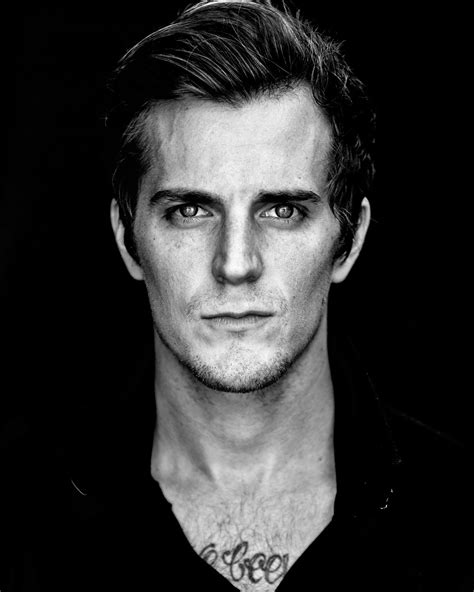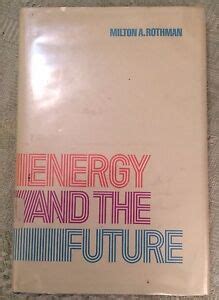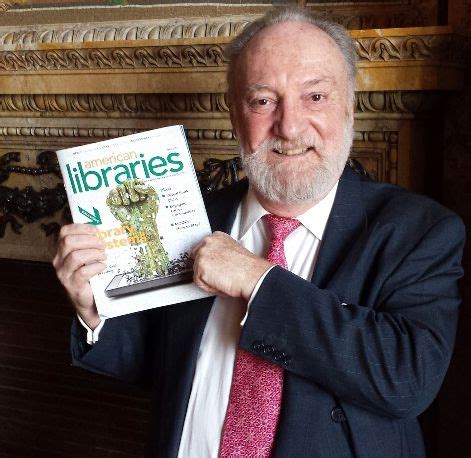A Quote by Freeman Patterson
There is a close connection between art and religion in the sense that both are concerned about questions of meaning - if not about the meaning of existence generally, then certainly about the meaning of one's individual life and how a person relates to his or her total community/environment.
Related Quotes
As soon as you look at the world through an ideology you are finished. No reality fits an ideology. Life is beyond that. That is why people are always searching for a meaning to life. But life has no meaning; it cannot have meaning because meaning is a formula; meaning is something that makes sense to the mind. Every time you make sense out of reality, you bump into something that destroys the sense you made . Meaning is only found when you go beyond meaning.
I started my professional life as a philosopher of language and for several years took the orthodox line that meaning is an essentially linguistic phenomenon. Whether as a result of simply listening to everyday talk about meaning, or reading books of anthropology, sociology and art history, it dawned on me that there is nothing at all privileged or central about linguistic meaning.
We define religion as the assumption that life has meaning. Religion, or lack of it, is shown not in some intellectual or verbal formulations but in one's total orientation to life. Religion is whatever the individual takes to be his ultimate concern. One's religious attitude is to be found at that point where he has a conviction that there are values in human existence worth living and dying for.
Music, and art for that matter, to me is not about true meaning to anyone else but yourself. If I told you the meaning of it all from my point of view it would erase the intimacy of art. I feel like art is up for interpretation, so if I told you my meaning, how could you truly relate it to anything that “you” personally are going through?? That is the beauty of art and music in particular
For many years, questions about the meaning of life were dismissed as senseless. We were told that life, not being a word or sentence or anything language-like, can't intelligibly be said to have meaning. An encouraging development in the last couple of decades is a return by philosophers to addressing - as nearly all people do at some time or another - the question of life's meaning.
It seems that it is impossible to live without discovering the purpose of your life. And the first thing which a person should do is to understand the meaning of life. But the majority of people who consider themselves to be educated are proud that they have reached such great height that they cease to care about the meaning of existence.
A game master or teacher who was primarily concerned with being close enough to the "innermost meaning" would be a very bad teacher. To be candid, I myself, for example, have never in my life said a word to my pupils about the "meaning" of music; if there is one it does not need my explanations. On the other hand I have always made a great point of having my pupils count their eighths and sixteenths nicely. Whatever you become, teacher, scholar, or musician, have respect for the "meaning" but do not imagine that it can be taught.
A myth is a way of making sense in a senseless world. Myths are narrative patterns that give significance to our existence. Whether the meaning of existence is only what we put into life by our own individual fortitude, as Sartre would hold, or whether there is a meaning we need to discover, as Kierkegaard would state, the result is the same: myths are our way of finding this meaning and significance.
What do I know about God and the purpose of life? I know that this world exists. That I am placed in it like my eye in its visual field. That something about it is problematic, which we call its meaning. This meaning does not lie in it but outside of it. That life is the world. That my will penetrates the world. That my will is good or evil. Therefore that good and evil are somehow connected with the meaning of the world.The meaning of life, i.e. the meaning of the world, we can call God. And connect with this the comparison of God to a father.
To most humans, a universe consisting of particles banging about and doing what they have to do seems cold, barren, and without meaning. Meaning, however, is not something that floats in space, permeating the universe like a nebulous, mystical cloud. ... Meaning arises out of the working of the human mind, and therefore exists only in the human mind. The meaning of existence is whatever you want to make of it.
It's perfectly clear to me that religion is a myth. It's something we have invented to explain the inexplicable. My religion and the spiritual side of my life come from a sense of connection to the humankind and nature on this planet and in the universe. I am in overwhelming awe of it all: It is so fantastic, so complex, so beyond comprehension. What does it all mean -- if it has any meaning at all? But how can it all exist if it doesn't have some kind of meaning? I think anyone who suggests that they have the answer is motivated by the need to invent answers, because we have no such answers.

































